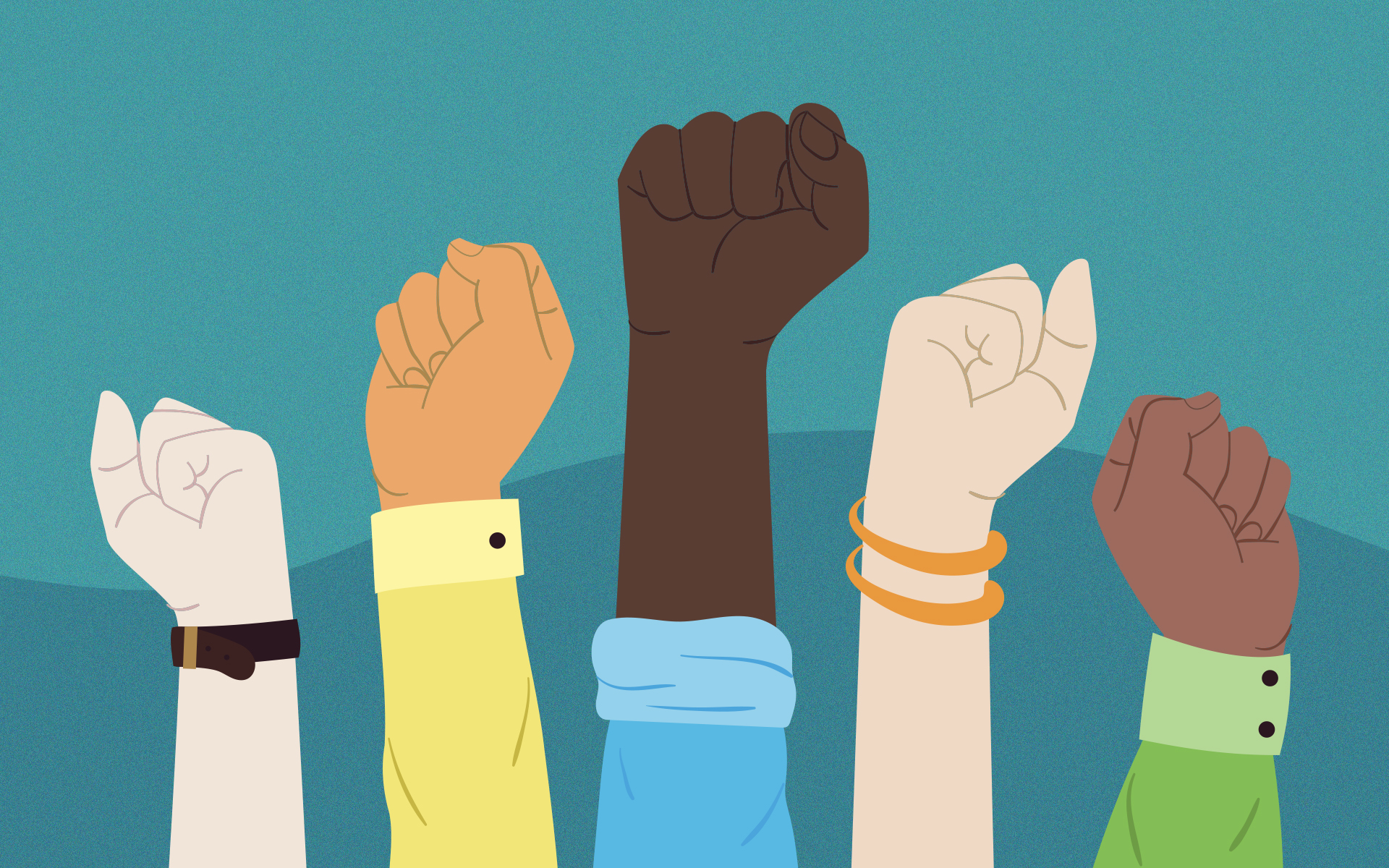What drove Malala Yousafzai to find the strength to launch a campaign for the rights of girls and women in Pakistan? What leads someone to start a community garden in the middle of an urban food desert? From very public leaders to people in your daily life working to make things better for their families, neighborhoods, or workplaces, they each have at least one thing in common: a strong sense of purpose.
As a trait, purpose appears to have evolved in humans so that we can accomplish big things together—which may be why having a powerful sense of purpose is linked to better physical and mental health. Purpose is adaptive, in an evolutionary sense. It helps both individuals and the species to survive.
The prevailing belief is that purpose arises from having a gift or passion. But that’s only part of the truth.
Yet when it comes to our own sense of purpose, many of us are at a loss. We struggle to know what role we play in the bigger scheme of things. We dabble in this or that; we get inspired and then lose interest; and mostly, we just feel frustrated that we don’t know “what we were born to do.”
The prevailing belief is that purpose arises from having a gift or passion that sets you apart from others. But that’s only part of the truth. A sense of purpose also grows from your connection to others (which is why a crisis of purpose can also be a symptom of being isolated).
Here are a few ideas to uncover ways to make a difference in your life—and connect to others in the process.
Turn Hurts into Healing
Like the kid who was bullied who turns into an advocate for victims’ rights, purpose often stems from having personal experience that you realize can benefit someone else. The desire to help can transcend your own interest—you begin to see how your story fits into a larger conversation. And that’s where purpose thrives.
Kezia Willingham was raised in poverty in Corvallis, Oregon, her family riven by domestic violence. “No one at school intervened or helped or supported my mother, myself, or my brother when I was growing up poor, ashamed, and sure that my existence was a mistake,” she says.
When she was 16, Willingham enrolled at an alternative high school that “led me to believe I had options and a path out of poverty.” She made her way to college and then got a master’s degree and has worked as a family and children’s advocate for more than 15 years.
“I want the kids out there who grew up like me to know they have futures ahead of them,” she says. “I want them to know that they are just as good and valuable as any other human who happens to be born into more privileged circumstances. Because they are.”
What disadvantage or discrimination have you experienced in your life? How did you deal with it? Who might benefit from your experience?
Cultivate Awe + Gratitude
Feeling connected to something larger than ourselves can also kindle a sense of purpose. As Dacher Keltner at the University of California, Berkeley’s Greater Good Science Center has shown, awe can provide the emotional foundation where a sense of purpose flourishes.
Of course, it’s not enough to just feel like you’re a small part of something big; you also need to feel driven to make a positive impact on the world. And that’s where gratitude comes in.
Research finds that people who count their blessings are much more likely to try to contribute to the world beyond themselves. And it’s reciprocal. People who engage in more altruistic behaviors, like volunteering or donating money, tend to have a greater sense of purpose in their lives.
“It may seem counterintuitive to foster purpose by cultivating a grateful mind-set, but it works,” says psychologist Kendall Bronk.
Where in your life do you experience wonder and awe? What do you feel truly grateful for? How might you pay it forward?
Tell Your Story
Purpose often arises from curiosity about the narrative arc of your own life story. One study found that those who see meaning and purpose in their lives are able to tell a story of change and growth. In other words, narrative can help us to see our own strengths and how applying them can make a difference in the world.
“We all have the ability to make a narrative out of our own lives,” says Emily Esfahani Smith, author of The Power of Meaning. “It gives us clarity on our own lives, how to understand ourselves, and gives us a framework that goes beyond the day-to-day and basically helps us make sense of our experiences.”
By writing her memoir Refocusing My Family: Coming Out, Being Cast Out, and Discovering the True Love of God, Amber Cantorna took her own struggle—and strengths—and used them as a tool to help others facing the same kind of pain and rejection from their faith community. “My sense of purpose has grown a lot with my desire to share my story—and the realization that so many other people have shared my journey,” she said.
What obstacles have you encountered? What strengths helped you to overcome them? How did other people help you? How can you use this knowledge to make life better for others?







